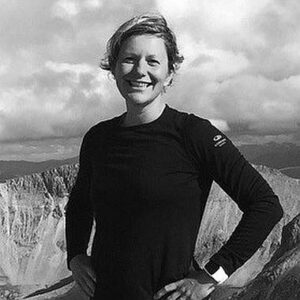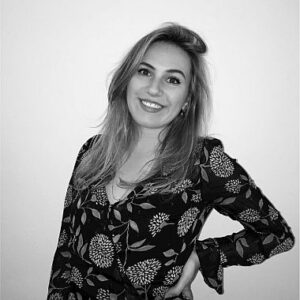ABOUT THE LAB
The Heritage & Slow TourismLAB explores the varying meanings and practices of Slow and Slowness in the context of tourism and heritage.
The LAB is a spin-off of HTHIC, the Heritage, Tourism and Hospitality, International Conference. It is an independent think tank.
Researchers, business owners, tourism decision-makers and other professionals are cordially invited to discuss Slow, Slow Tourism, Slow Travel, Slow Food Travel, Slow Adventure, Slow Retail, Slow Experience, Slow Art, Cittaslow and other Slow Places and the ways Slow might contribute to the conservation of natural and cultural heritage.
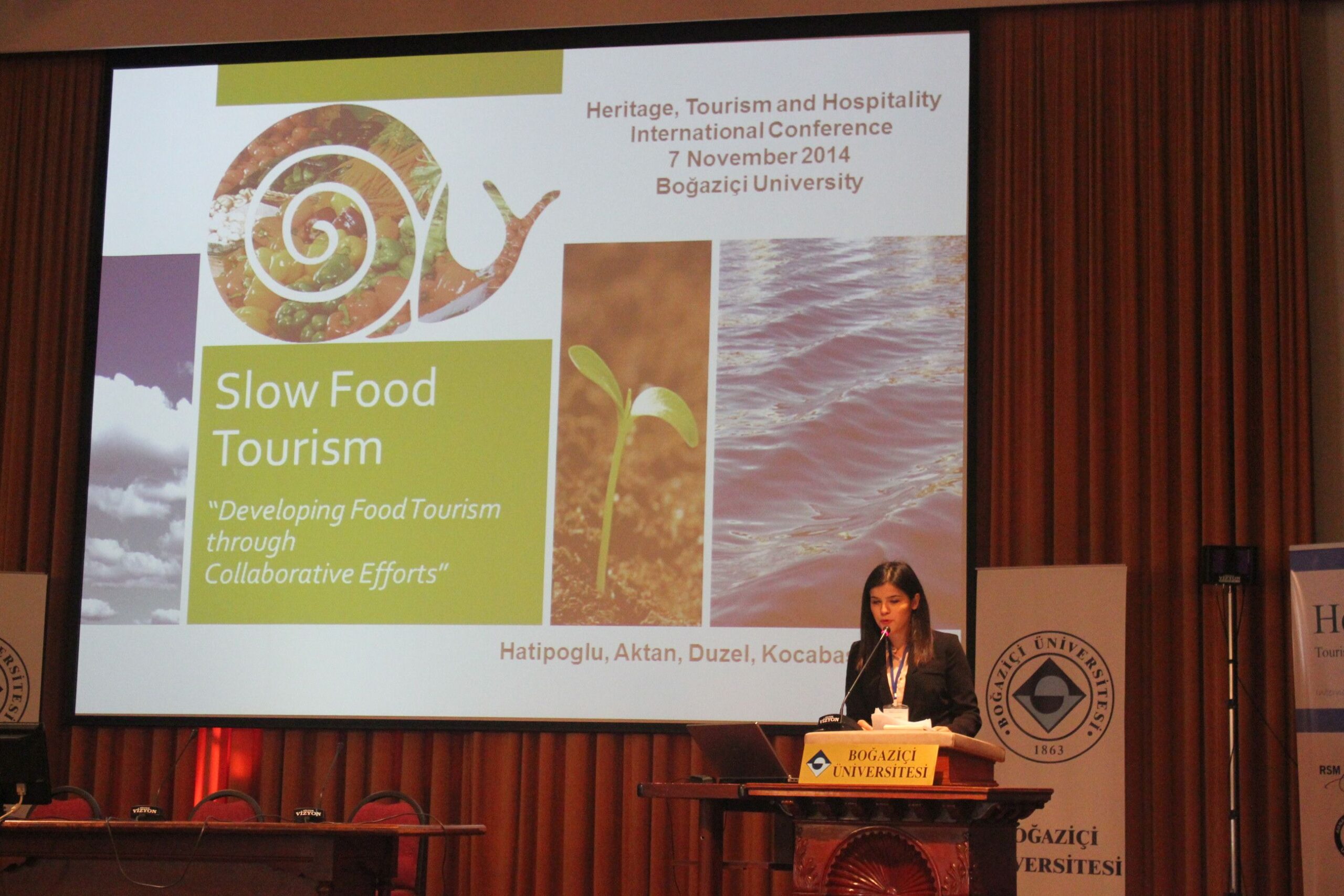
HTHIC, the Heritage, Tourism and Hospitality, International Conference, focuses on the leading question: “How can tourism destinations succeed in attracting tourists while simultaneously engaging all stakeholders in the conservation of the natural and cultural heritage?”
Slow has been on the agenda since the first edition of the Conference, HTHIC2014, at the Boğaziçi University in Istanbul.
HTHIC’s purpose requires an understanding of the way we think and choose, perceive risk, happiness and well-being, the importance of which Nobel Laureate Daniel Kahneman explained so well in his work on “Thinking, Fast and Slow”.
Slowness as a characteristic of pilgrimages and long-distance cultural (walking) routes, the Slow Movement which has its origin in Italy, the Slow philosophy with its pursuit of quality of life and heritage conservation are also most relevant for HTHIC’s community. visit the hthic website >
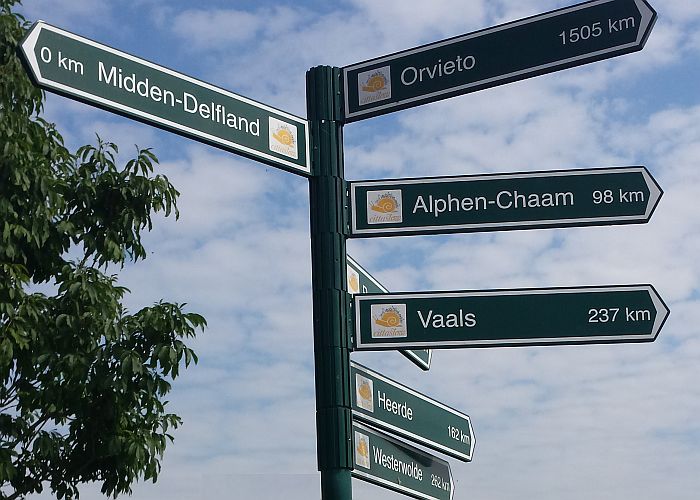
QUESTIONS
The Heritage & Slow TourismLAB addresses include:
- What exactly is Slow Tourism? A mindset, lifestyle, behaviour? A specific way of discovering and (re)discovering ourselves along the way? A marketing concept, a specific product or a method for tourism development?
- Where and how to travel and stay Slow, if travelling Slow
- What can we learn from existing Slow movements, destinations, organisations and projects in terms of quality criteria, critical success factors, best practices and actual results?
- Who are the consumers of Slow Tourism products and services and what are their motives and wishes?
- What is the role of Slow Food, Slow Retail, Slow Adventure, Slow Travel and Cittaslow when it comes to Slow Tourism?
- How can the insights gathered be translated into useful manuals for tourism destinations, entrepreneurs and organisations in the field of natural and cultural heritage conservation?
- How does Slow Tourism relate to responsible, sustainable or regenerative tourism and Slow products to the SDGs?
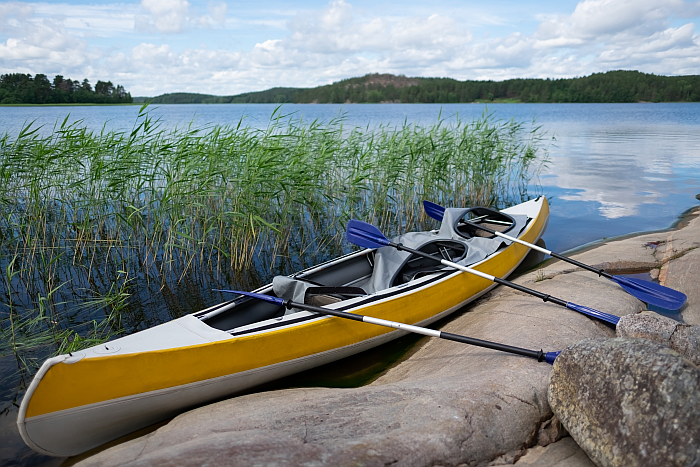
ORGANISING COMMITTEE
Karin Elgin-Nijhuis
Netherlands | consultant | Elgin & Co. | TEAM Tourism Consulting | co-founder and organiser of HTHIC – Heritage, Tourism and Hospitality, International Conference & LAB | linkedin >

Burçin Kalabay Hatipoğlu
Turkiye, Australia | Boğaziçi University Istanbul | visiting research fellow at the UNSW Canberra, School of Business & Industrial Relations Research Centre (IRRC) in Sydney | linkedin >
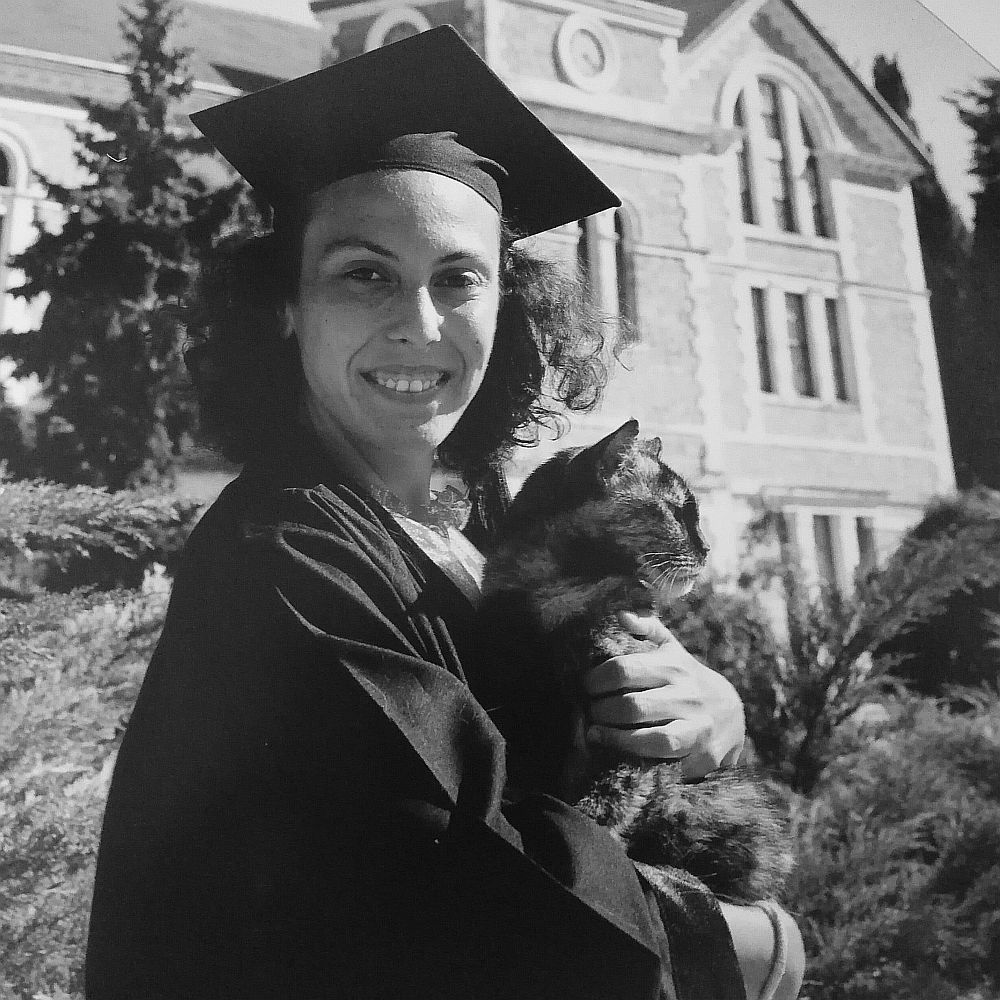
Ceren Ilayda Başol
Turkiye | Boğaziçi University Istanbul | PhD student | research assistent | linkedin >
ADVISORY COMMITTEE
Sara Mair Bellshaw
United Kingdom | co-founder Slow-Adventure.com | former Senior innovatiemanager aan de University of the Highlands and Islands Center for Recreation and Tourism Research and coördinator Slow Adventure in Northern Territories-project (SAINT) | linkedin >
Jurn Buisman
Netherlands | director of Geelvinck Music Museums | ‘supporter’ of the Cittaslow Heerde | initiator of the Slow Food Convivium Amsterdam Center | secretary of ICOMOS Netherlands | linkedin >
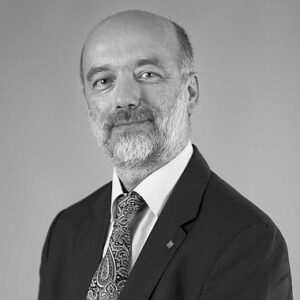
Lorenzo Cantoni
Switzerland | Professor at the Faculty of Communication Sciences | director of the Institute of Digital Technologies for Communication and pro-rector at USI – Università della Svizzera italiana in Lugano | chair-holder of the UNESCO chair in ICT to develop and promote sustainable tourism in World Heritage Sites, established at USI in 2013 | linkedin >
Michelle Hillebrand
Netherlands | Department Tourism and Leisure at Cittaslow municipality | Alphen-Chaam (ABG-gemeenten) | linkedin >


